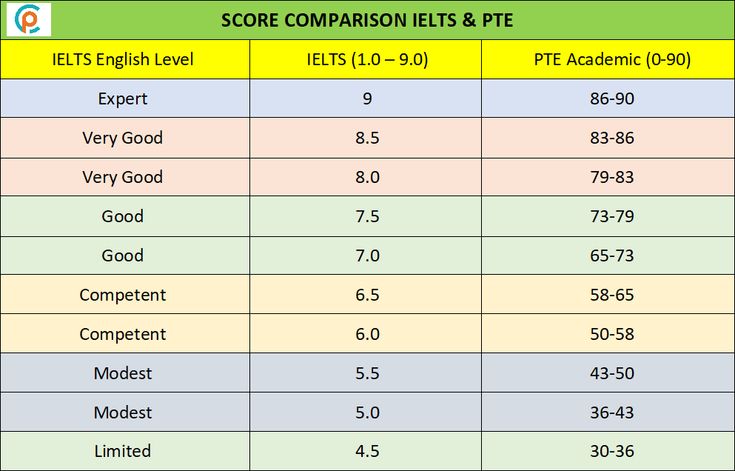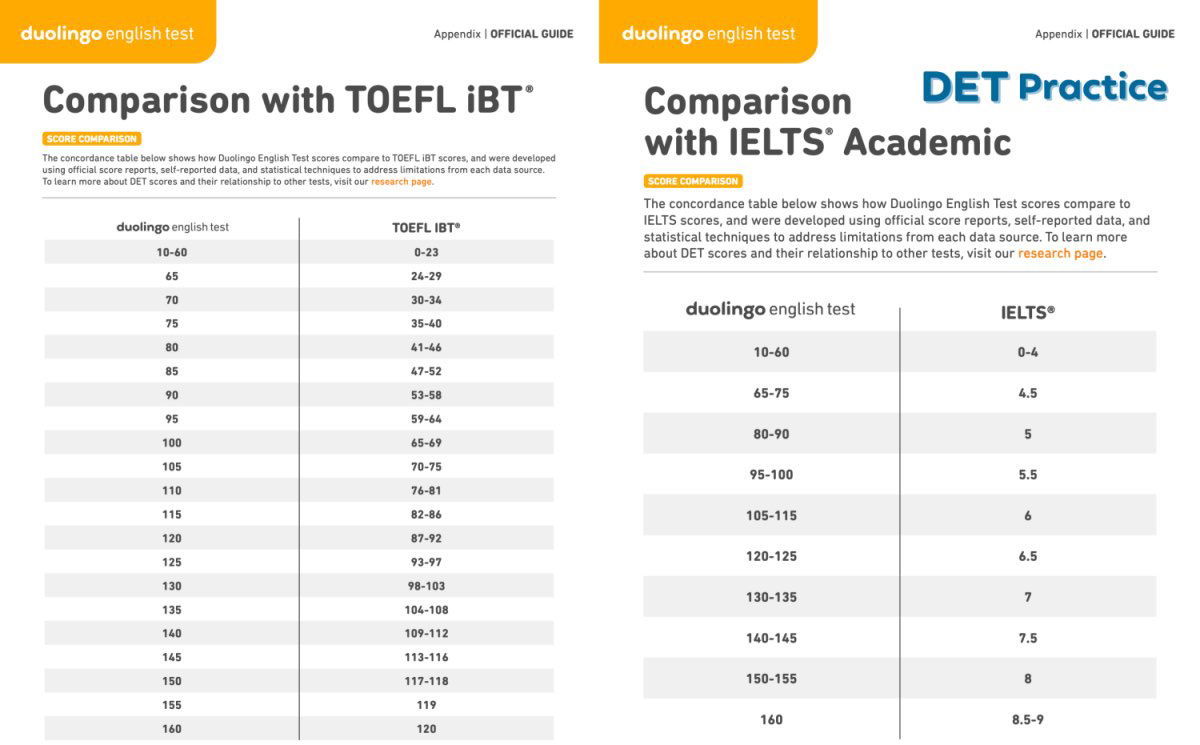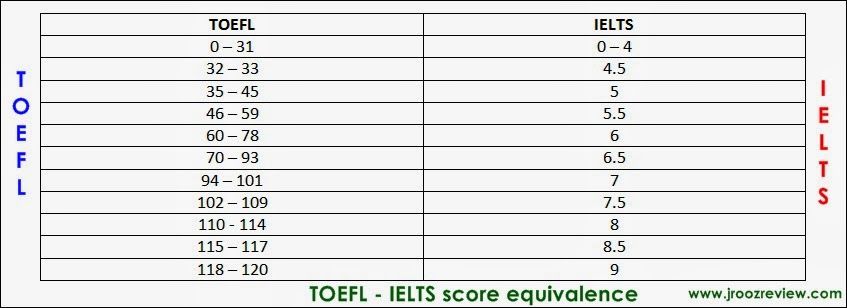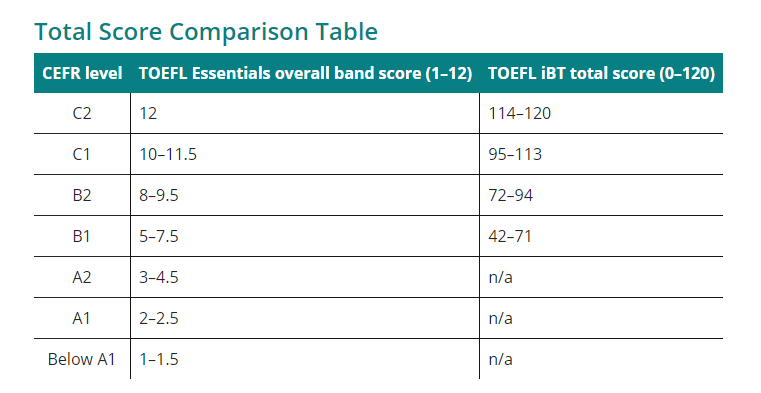F.A.Qs
IELTS- what is the difference between Academic/General/UKVI/CD-IELTS/IELTS life skills?
IELTS (International English Language Testing System) offers different versions as per the requirements of the test taker:
- Academic IELTS: Primarily intended for those applying to higher education institutions for academic purposes, with more focus on academic reading and writing skills.
- General Training IELTS: Designed for individuals seeking immigration, work, or training opportunities in English-speaking countries. It evaluates practical, everyday language skills, including reading and writing tasks related to daily life.
- IELTS Life Skills: This version assesses speaking and listening skills in a practical, everyday context. It is often required for visa applications to the UK and is available at two levels: A1 and B1.
- UKVI (United Kingdom Visas and Immigration) IELTS: In terms of format, it is essentially the same as the Academic and General Training IELTS, but with additional security measures to meet the requirements of the UK government for visa and immigration purposes.
- CD_IELTS- The IELTS test where the test-taker uses a computer to complete the listening, reading, and writing sections of the exam. The speaking section, however, is still conducted face-to-face with an examiner.
This format provides certain advantages such as faster results (usually within 5-7 days) and more frequent test dates compared to the paper-based format. However, it's essential for test-takers to be familiar with the computer-based test environment, especially if they have initially practiced with paper-based materials.
PTE-Various versions explained
PTE (Pearson Test of English) offers different types of exams to assess English language proficiency in various contexts. These include:
- PTE Academic: This is the standard PTE exam for academic purposes. It is widely accepted by universities and colleges around the world as evidence of English language proficiency for admission purposes. It assesses listening, reading, speaking, and writing skills.
- PTE CORE: Pearson has introduced PTE Core, a new English language proficiency test approved by Immigration, Refugees, and Citizenship Canada (IRCC). PTE Core is valid for Canadian immigration purposes and work visa. It's a general test that evaluates one's speaking, listening, reading, and writing skills. Starting 12 February 2024, one can take the PTE Core test for a Canada PR visa or a Canada work visa.
- PTE General: This test evaluates communicative skills and general language proficiency. It is often used for professional and migration purposes. PTE General consists of six levels (A1 to C2), each assessing language proficiency at different competency levels.
- PTE Young Learners: Designed for students aged 6 to 13, PTE Young Learners assesses English language skills in an age-appropriate manner. It consists of three levels: Firstwords (ages 4-5), Springboard (ages 6-7), and Quickmarch (ages 8-13).
- PTE Home: This version of the test is specifically designed for test-takers who need to take the exam from the comfort of their homes. It is available for both PTE Academic and PTE General.
What is the score comparison of IELTS vs PTE?

 Source: Pinterest
Source: PinterestDUOLINGO
The Duolingo English Test is an online English proficiency test designed for non-native English speakers. The test evaluates reading, writing, listening, and speaking skills through a series of interactive tasks. It is taken on a computer or a mobile device and typically takes about 1 hour. The results are available quickly, and the test is accepted by various universities and institutions as evidence of English language proficiency for academic admission purposes.
IELTS VS DUOLINGO SCORES TABLE

TOEFL
TOEFL is a standardized test designed to assess the English language proficiency of non-native speakers, especially those who are looking to study or work in English-speaking environments.
The TOEFL test evaluates four skills:
The TOEFL test evaluates four skills:
- Reading: Understanding and interpreting information from academic texts.
- Listening: Comprehending spoken English in academic and everyday contexts.
- Speaking: Expressing opinions and ideas on familiar topics.
- Writing: Constructing well-organized essays based on reading and listening tasks.
IELTS vs TOEFL - Scores Comparison!



What are CELPIP and CAEL tests?
CELPIP - General and CELPIP - General LS are Canada's leading English language proficiency tests for immigration and professional designation, administered by Paragon Testing Enterprises .
Basic/Spoken English
Non native speakers/ or starter students who find English language a bit too difficult to negotiate, ........do not need to worry now.
Lesson plans specifically tailored and individualised to match the communication needs of such students, including notes, handouts, test, translation slides, word lists of daily usage, links to useful podcasts, and so on and so forth.
Keep visiting this section for latest updates.
Lesson plans specifically tailored and individualised to match the communication needs of such students, including notes, handouts, test, translation slides, word lists of daily usage, links to useful podcasts, and so on and so forth.
Keep visiting this section for latest updates.